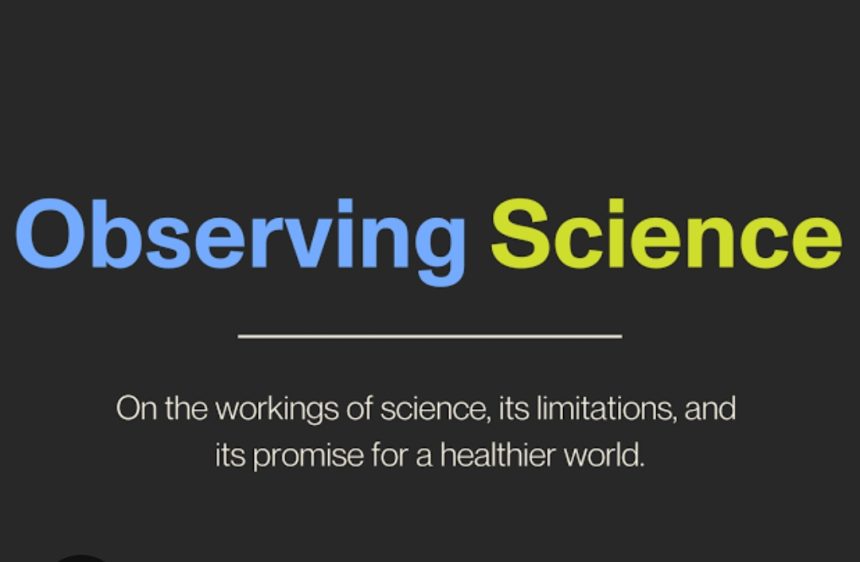Taboos have been existing in home training, and in the recent times, science has often cast doubt and asking for proof. Throughout human history, societies have developed distinct cultural norms, moral codes, and scientific pursuits, each serving as a framework for understanding the world. Among these, taboos, home training, and science represent interconnected yet often contrasting systems of influence on human behaviour and thought.
Taboos are unwritten social rules or prohibitions that govern acceptable behaviour within a community. Rooted in tradition, religion, or superstition, taboos often arise from collective beliefs about morality, purity, or safety. For example, in many African societies, it is taboo to whistle at night, as it is believed to summon spirits or bad omens. While taboos often ensure societal harmony, they can also provoke controversy. Practices once deemed taboo, such as interracial marriage or women in leadership roles, have been challenged and dismantled in many cultures due to shifting values and evidence-based reasoning. Nonetheless, taboos persist in shaping behavior, especially where they align with religious or communal identities.
Home training refers to the foundational moral and ethical guidance imparted by parents or guardians, often aimed at raising responsible and respectful individuals. In African societies, this training emphasises respect for elders, humility, and communal living. A well-trained child, it is often said, reflects the values of their family.
However, home training is not immune to change. With globalisation and technology reshaping access to information, many traditional values face reinterpretation. For instance, while older generations may stress silence and obedience, newer generations might prioritise open dialogue and critical thinking. Thus, home training evolves, blending the old with the new while maintaining its core function of moral development.
Science, rooted in observation and experimentation, often challenges traditional beliefs, including those tied to taboos and home training. For instance, scientific advancements have debunked myths such as the belief that sneezing causes the soul to escape the body.
Despite its achievements, science faces its own uncertainties. Questions about the origins of the universe, the limits of human consciousness, and the ethics of genetic engineering reveal science’s inability to provide absolute answers. These doubts often lead individuals to reconcile scientific inquiry with cultural or spiritual beliefs, creating a blend of faith and evidence-based understanding.
Taboos, home training, and science represent distinct yet overlapping domains that influence human behaviour. Where taboos may forbid certain actions based on tradition, home training instills values that encourage or discourage these actions. Science, on the other hand, provides a rational lens to question and reinterpret these societal constructs.
For example, dietary taboos like abstaining from pork in certain cultures might initially stem from spiritual beliefs. Home training reinforces this prohibition as a matter of identity and respect. Meanwhile, science examines its health implications, offering perspectives that either support or challenge the practice.
Taboos, home training, and science are essential components of human society, each playing a unique role in shaping our understanding of the world. While taboos provide boundaries, home training nurtures moral values, and science offers rational explanations. Navigating their interplay requires wisdom, allowing for growth and balance in an ever-changing world.




